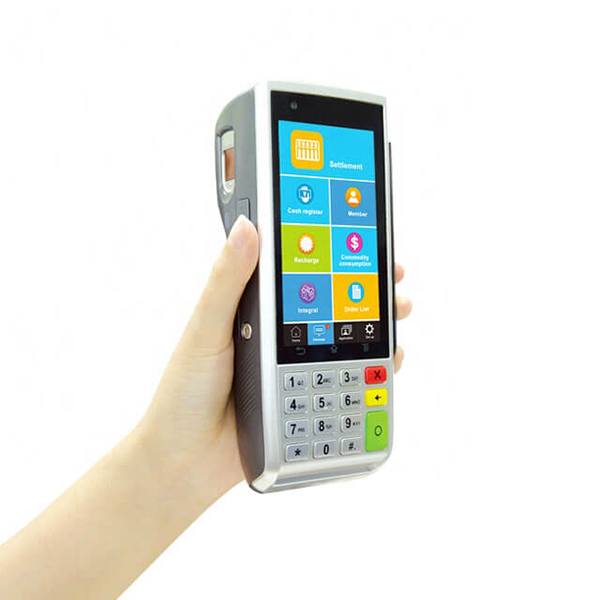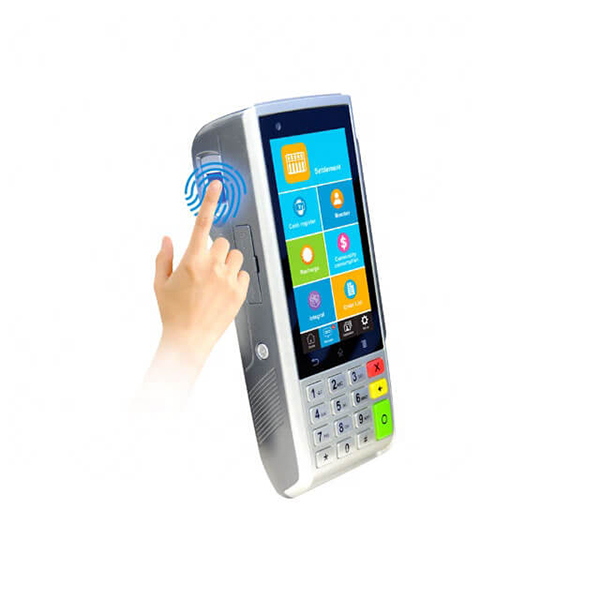Contact Us
to discuss your custom project
A POS (Point of Sale) system is the combination of software and hardware to facilitate your business operations. A POS consists of software and hardware to run the software. Hardware may include a computer, a physical terminal, a scanner, a printer, and other devices to operate the point-of-sale software. The software tracks and organizes your store's information.
It's good to understand what a POS system is, but it's more important to know the benefits it can bring to your business. There are several advantages to buying a POS system. Here are somes reasons why it would be beneficial to implement a POS system in your store if you own a retail business.

1. Better Inventory Management
A POS makes it easy to keep track of the inventory your store has. It allows you to manage your inventory in real-time and to know the number of products you own over a given period.
When you receive your inventory, if these products are already in your catalog, simply scan your items, enter your quantities and the articles will be recorded in the inventory of your POS software. This saves a lot of time compared to manual tracking of your inventory. In the end, there will be fewer errors in your inventory.
Items sold are deducted directly from the inventory with each transaction. This makes it possible to keep track of the quantity of each item the store has in stock.
2. Simple Invoicing
Point of sale software allows you to record and group all your invoices. There are several categories of invoices to manage in a company and it is important to be able to easily distinguish them. You can find invoices for purchases, sales, repairs, rentals, consignments, and others depending on the software.
Easy invoice management is especially important for your accounting operations. It is proof that you have sold a product or service. The invoice contains important information for the buyer such as the transaction value, the number of goods sold, the description of the goods, etc.
Performing this follow-up would be complex if it were done manually. Thus, the point of sale makes it possible to issue invoices, record purchase information and sell much faster than if it were done manually.

3. Quick Payments
A point of sale helps make payments faster. The employee selects the products the consumer wants to buy and the system automatically calculates the price. The invoice can be sent by email or printed directly on the spot with a receipt printer.
Depending on the integrations and the terminal, customers can pay by cash, credit or debit card. This makes it quick and easy for the customer to complete the transaction.
With a point-of-sale, waiting time is greatly reduced for consumers, and employees can be more efficient in completing transactions.
4. Better Customer Management
By having a POS system, it is possible to document your customers' information in your system.
It can be their name, phone number, purchases, e-mail, etc. By having customer data, you can have a better overview of your target market, as well as customer groups (for example your new or loyal customers).
You can send promotions to your customers to incentivize them to visit your shop more often or to build customer loyalty. The system can help you track each customer to offer targeted promotions. Having proper customer information management allows you to thoroughly understand your target customers and make better business decisions.
5. Better Purchasing / Supplier Order Management
Purchasing equipment for your business is essential. This is why a POS system is useful to properly manage your purchases from your suppliers. It allows you to keep track of all your orders placed.
Some POS software have open API that allow you to connect directly to your supplier. When you place your orders from your point of sale, you will be able to view all your invoices for your orders in your POS system. This gives you control over purchasing and allows you to keep track of items ordered from suppliers. When you purchase equipment from a supplier, you will receive an invoice that contains all the information about your purchases. This includes the products bought, quantity, description, cost, and more.
Also, a POS system allows you to plan your future purchases, as well as the minimum amount of products you need for your store. This helps to have better control of your purchases and to have the optimal amount of stock in your store to minimize your losses.